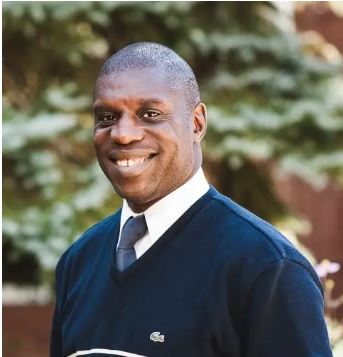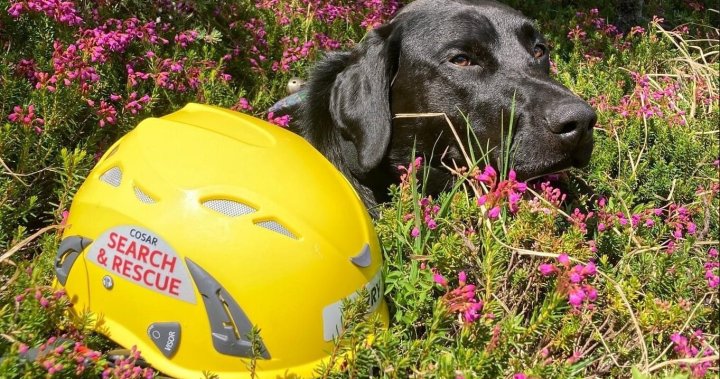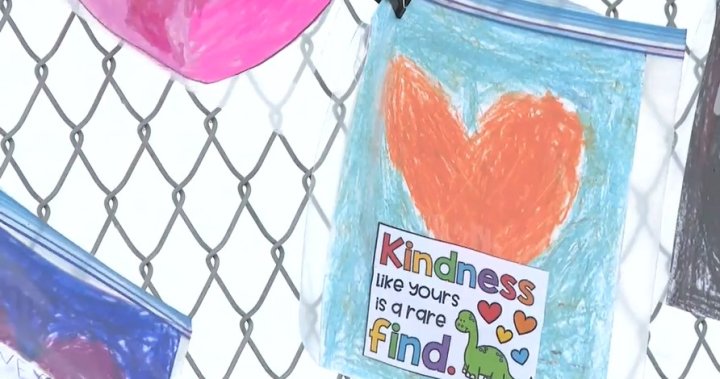A University of Guelph professor is co-leading a project that aims to better prepare for future health emergencies.
Lawrence Goodridge, a professor of microbiology at the post-secondary institution, is among several researchers who are part of the $15-million initiative.
Goodridge said the goal is to develop ways to build resiliency into supply chains related to the biomanufacturing sector.
“We really hope to develop more robust procedures that would use surveillance for these pathogens and wastewater as an early signal,” Goodridge said.
He said if they’re able to pick up on a signal, they can alert and work with supply chains to ensure they can find alternate places to source their material, so disruptions do not occur again.
The Integrated Network for the Surveillance of Pathogens: Increasing Resilience and capacity in Canada’s pandemic response (INSPIRE) will be led by Goodridge and Robert McKay from the University of Windsor.
Along with researchers at U of G and in collaboration with the University of Windsor, Goodridge successfully applied to the Canada Biomedical Research Fund, which was created in wake of the COVID-19 pandemic.
The email you need for the day’s
top news stories from Canada and around the world.
The team also includes researchers from the University of Toronto, University of Waterloo and partners at more than two dozen academic, public, private and not-for-profit institutions.
The initiative is financially backed by two federal research funds. The CBRF is providing nearly $13 million, and a little over $2 million will come from the Biosciences Research Infrastructure Fund (BRIF). The U of G is receiving close to $3.9 million in funding for the project, which began in March.
Goodridge said the federal funding will be put towards purchasing scientific equipment and supplies, as well as hiring staff.
In a news release on Wednesday, INSPIRE will help develop proactive strategies for the biomanufacturing and health sectors to mitigate the impact of infectious diseases, plus improve information sharing and technologies across borders.
He said an initiative like this will help him and the public prepare better for other future health emergencies.
“This project is very timely because that’s one problem that we can begin to work on immediately and should there be any future pandemics, which we would all agree would be unfortunate, at least we’re in a better position to respond,” he said.
Goodridge said researchers will be creating effective models should the team run into any challenges, including wastewater and social media surveillance integration and utilizing artificial intelligence to prevent supply chain disruptions.
He said it feels humbling and exciting to co-lead such an initiative. He said it represents a proactive step in preparing for the next future health emergency.
“We tend to be a very reactive society, so we tend to wait until there’s a problem and we know there is a problem before we respond to that,” he said. “And in the case of pandemics, as we saw with the last pandemic, that’s too late. By that time, people are sick and dying and their lives have been permanently altered.”
Goodridge said the project will be completed in four years.
© 2024 Global News, a division of Corus Entertainment Inc.




